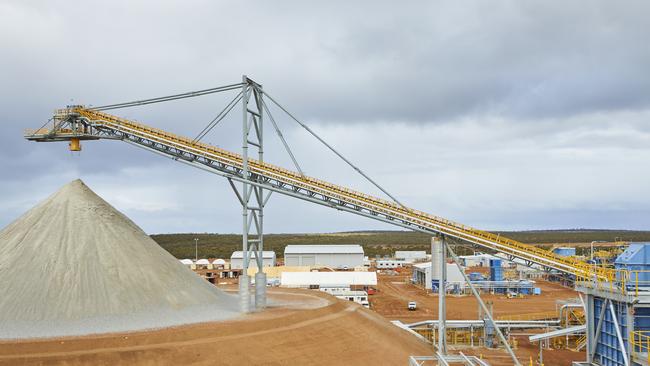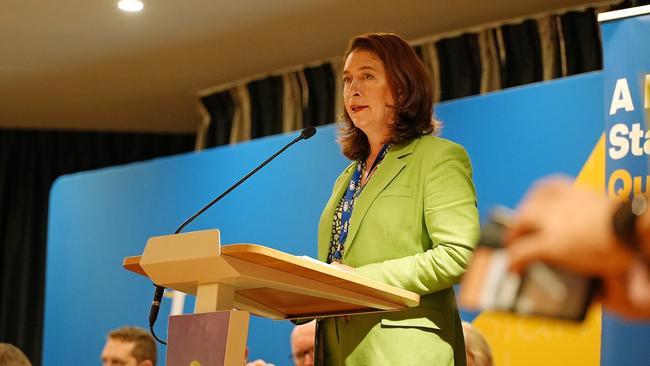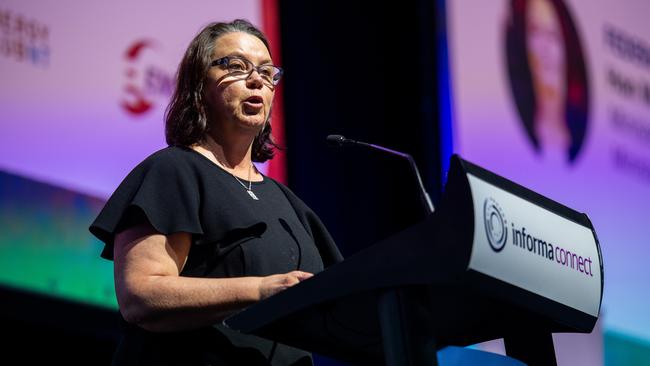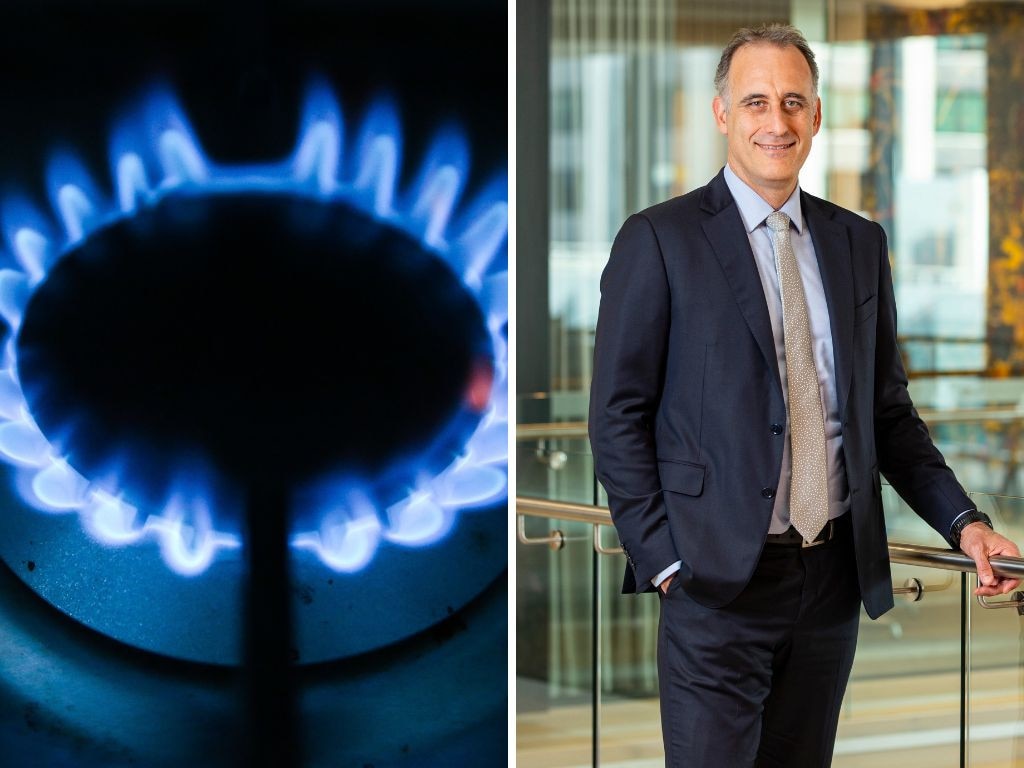Wesfarmers at odds with the Coalition over production tax credits for critical minerals sector
Wesfarmers is at odds with the Coalition over its refusal to back legislation aimed at delivering billions of dollars in production tax credits to Australia’s critical minerals sector.

Wesfarmers is at odds with the Coalition over its refusal to back legislation aimed at delivering billions of dollars in production tax credits to Australia’s critical minerals sector.
The Perth-based conglomerate hailed the credits as a smart and targeted use of the tax system as it prepares to flick the switch on the third lithium hydroxide plant built in Western Australia.
The Albanese government put legislation for the tax incentives to parliament on Monday amid mixed support from within the mining industry and heavy criticism from the Coalition.
Wesfarmers managing director of chemicals, energy and fertilisers Aaron Hood said the tax credits – branded “billions for billionaires” by shadow treasurer Angus Taylor – would support skilled job creation and productivity.
“Australia is well-positioned to support global decarbonisation goals and be a high quality and reliable manufacturer for the global electric vehicle supply chain,” Mr Hood said on Monday.
“The federal government’s targeted initiative benefits those companies that are prepared to take a long-term view, investing capital to develop new production operations and creating many jobs, often for years before finally moving into production and seeing returns.
“This is a smart, targeted use of the tax system to help support investment and encourage Australian-based value-added manufacturing and provide an opportunity to enhance Australian prosperity for the long term.”
Under the scheme, unveiled in May’s budget, a 10 per cent tax credit on the costs of critical minerals processing and refining will be on offer for up to a decade from 2027. Along with a separate hydrogen production tax incentive of $2 per kilogram, the two initiatives were touted as being worth up to $13.7bn over the next decade and formed the centrepiece of the government’s Future Made in Australia policy.

Those costings now appear wildly inflated after the collapse of the nickel industry, uncertainty around onshore lithium and rare earths processing, and Andrew Forrest’s Fortescue and other others retreating on hydrogen projects.
Wesfarmers has made a $2bn-plus commitment to downstream processing of lithium alongside Chilean partner SQM, with dark clouds hanging over two similar plants in WA.
New York-listed Albemarle is cutting costs and has slashed investment in its struggling Kemerton refinery. Meanwhile, the Kwinana project owned by Tianqi and IGO Ltd that made history as the first of its kind built outside China has never performed at anywhere near expectations.
Shadow Resources Minister Susan McDonald said the tax credits would not have been enough save the Australian nickel industry and branded it a “false hope” policy.
“We always said that we’re opposing this policy and that prior to any commodity price changes. We think it is poorly targeted and it’s inefficient in its methodology, and it wouldn’t start for three years,” she said.
“If you’re not mining resources, then a policy around processing them is a little bit pointless.”
Ms McDonald said the Coalition’s focus was on lowering energy prices, cutting approval times and de-funding the Environmental Defenders Office as part of measurers to help miners.
Resources Minister Madeleine King said the Coalition had its head in the sand and didn’t understand the emerging critical minerals sector.
“What we’ve seen is around the world there’s an international market manipulation. It’s an opaque market, it’s low volumes, and it’s really challenging. It is different to iron ore and gas and coal, and the Coalition don’t seem to realise that,” she told Fox News.

Minerals Council of Australia chief executive Tania Constable said the tax credits could help make Australia a leader in processing of critical minerals, but were only one piece of the investment puzzle. She praised the government credit for listening to industry during consultation on the tax credits, but blasted its broader policy regime.
“The flexibility built into this incentive – like focusing on processing activity and not locking out long-term projects – will give investors more certainty. That’s exactly what’s needed for multibillion-dollar, multi-decade projects,” she said.
“Australia has the resources, the talent, and the potential to lead the world in critical minerals. But we need to compete for investment – countries like the US are not standing still and are already offering these kinds of incentives.
“Downstream processing can’t happen without mining. If we don’t get our policy settings right for mining itself, there’s no foundation to build on. Industrial relations policies that tie businesses in knots, endless layers of red tape, an energy regime driving prices through the roof, uncompetitive tax settings, and an environmental approvals process that feels more like a roadblock than a safeguard are putting the brakes on investment in Australia. We need to fix this – or risk losing opportunities to other countries.”



To join the conversation, please log in. Don't have an account? Register
Join the conversation, you are commenting as Logout